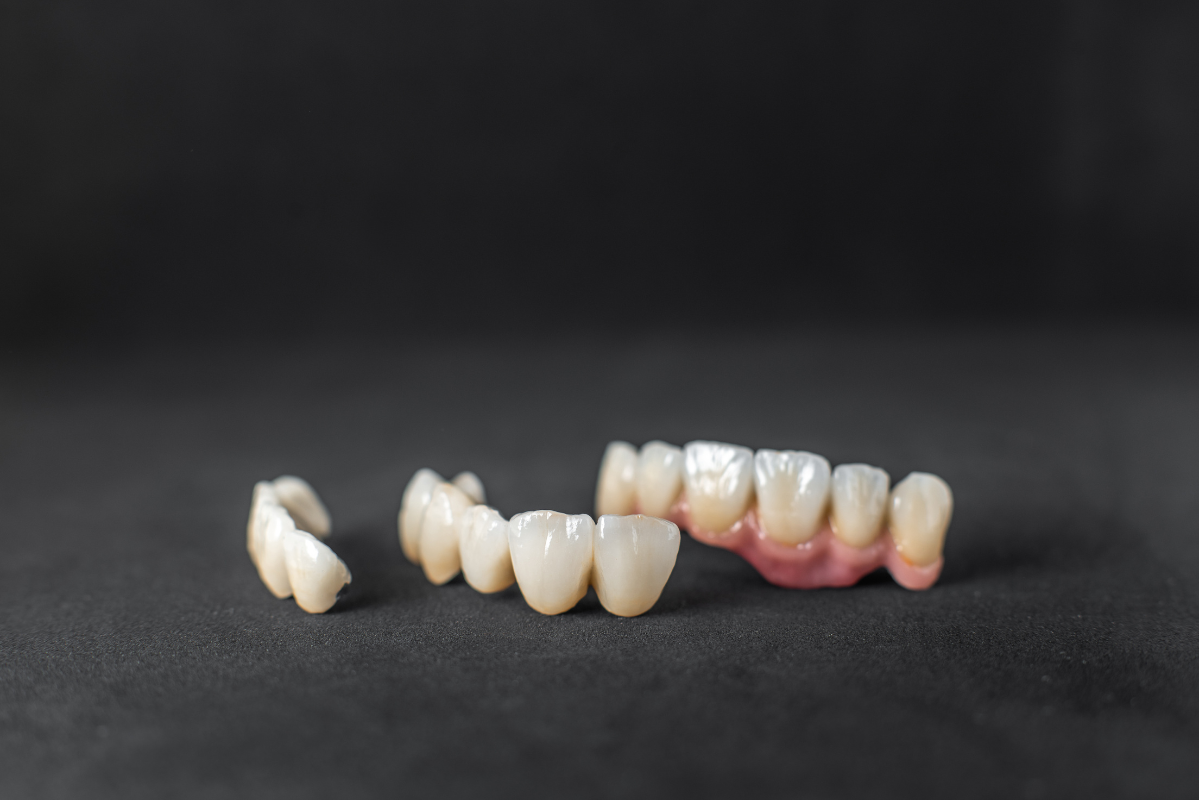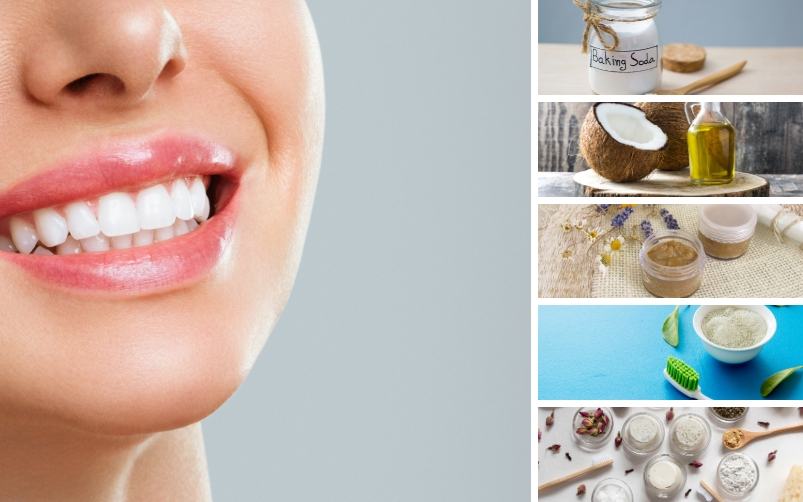
What Is the Best Natural Alternative to Commercial Toothpaste?
April 23, 2025
Oral Health
Have you ever glanced at the label on your commercial toothpaste? Some of the ingredients are in floor cleaners. One of them is sodium lauryl sulfate (SLS). It is a foaming agent in commercial toothpaste, which can lead to mouth ulcers.
Commercial toothpaste usually masquerades behind scientific-sounding chemicals no one can pronounce. This is the reason more people are wondering what’s in their commercial toothpaste.
Natural oral care isn’t a fad, but a wellness revolution. Commercial toothpaste might clean your teeth, but at what expense to your health?
Why Choose Alternatives to Commercial Toothpaste?
Numerous commercial toothpaste brands contain fluoride, SLS, and artificial sweeteners such as saccharin. Fluoride helps keep teeth healthy. However, overuse can become a health issue, particularly among children.
SLS is a recognized irritant. Therefore, it can cause gum sensitivity and mouth sores in specific individuals. Artificial preservatives and flavors in commercial toothpaste have the ability to induce allergic reactions.
Aside from individual health, the packaging of commercial toothpaste contributes to plastic pollution worldwide. Most toothpaste tubes are not recyclable. Moreover, they can cause long-term environmental damage.
Non-biodegradable ingredients have the ability to harm marine life and disrupt water systems. Natural alternatives provide a chemical-free, eco-friendly option with fewer side effects.
What Makes a Good Natural Toothpaste Alternative?
A good natural toothpaste alternative should clean well without damaging enamel. Mild abrasivity is essential when it comes to removing plaque without scratching the teeth. Antibacterial action significantly helps keep gums healthy and fights oral bacteria.
All ingredients should be non-toxic, ideally edible, and safe for daily use. A fresh mouth is vital, so natural flavors or essential oils are excellent. The ideal choice should also be convenient to use and readily available.
Homemade versions are flexible but potentially inconsistent. Texture, flavor, and shelf life also influence the experience and performance. Natural options must strike a balance between health benefits and convenience in daily use.
Top Natural Alternatives
You Can Choose Baking Soda
It is great for whitening teeth and eliminating mouth odor. However, it is too harsh if used daily or with pressure.
Opt for Coconut Oil (Oil Pulling)
This comes with antibacterial properties and reduces plaque and inflammation. However, this option is time-consuming and takes 10–20 minutes to swish.
Clay-Based Pastes (e.g., Bentonite Clay) Can be Significant
It is full of minerals, cleanses the mouth, and attracts impurities. However, it has a rough texture, which may not be everyone’s cup of tea.
Herbal Powders (e.g., neem, miswak, clove) Are Great
It is an age-old remedy, but great at battling bacteria and toughening gums. However, as the taste of these powders is strong, they are potentially overpowering for beginners.
You Can Consider Homemade Toothpaste Recipes
These are typically a combination of baking soda, coconut oil, and essential oils such as peppermint or clove. They are highly customizable, chemical-free, and inexpensive. However, this option takes time, effort, and consideration to source ingredients.
What’s the Best Option?
The best natural toothpaste alternative depends on your specific needs. For whitening, you can go with baking soda. You can try oil pulling for sensitive gums.
If you prefer flavor, herbal powders are great. A premade clay paste works well if you need convenience. DIY blends significantly offer full control over ingredients and texture. Unlike commercial toothpaste, these options are free from hidden chemicals.
Commercial toothpaste isn’t your only option. It’s just the most marketed. Natural care can be awkward at first. However, it’s worth making the change.
Begin small, experiment with a few options, and determine what works best for your smile. Healthier teeth don’t require commercial toothpaste; smarter options are available instead. Your best, healthiest smile might not be in a tube, but in nature.
More Blog Posts
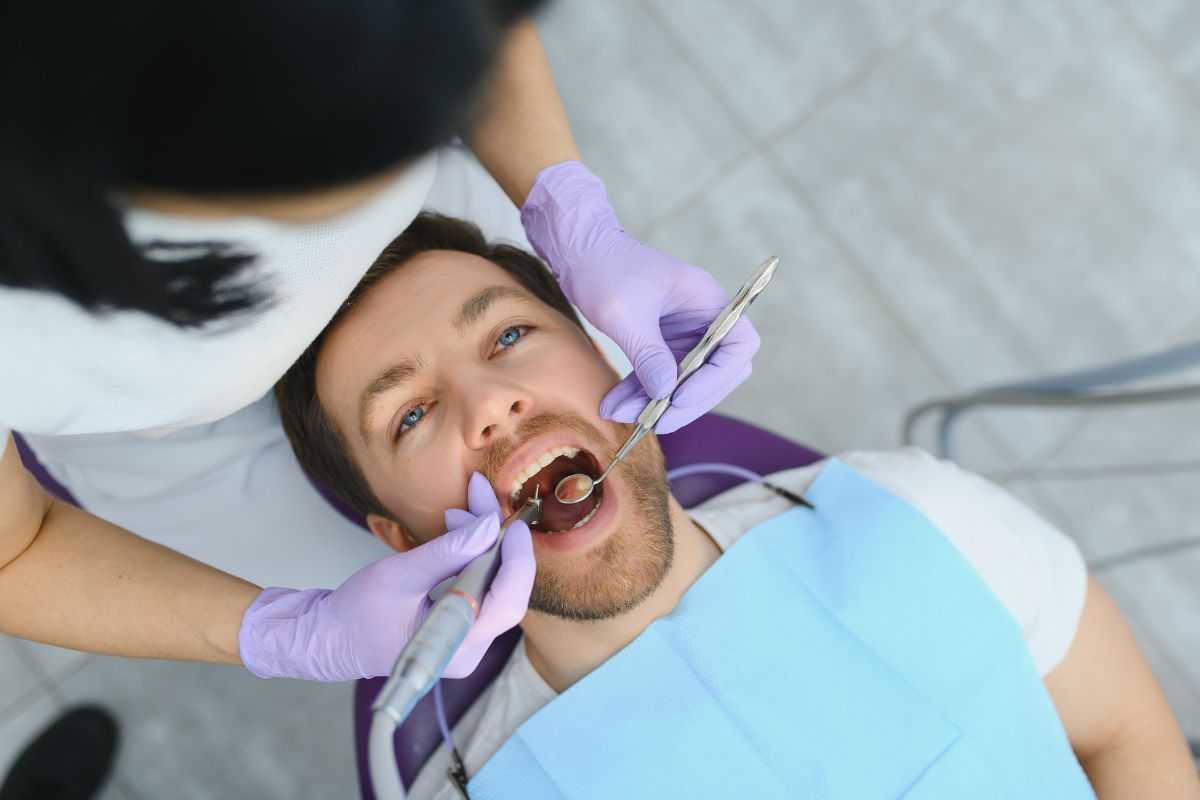
Composite vs. Amalgam Fillings: Which Is Better for Your Smile?
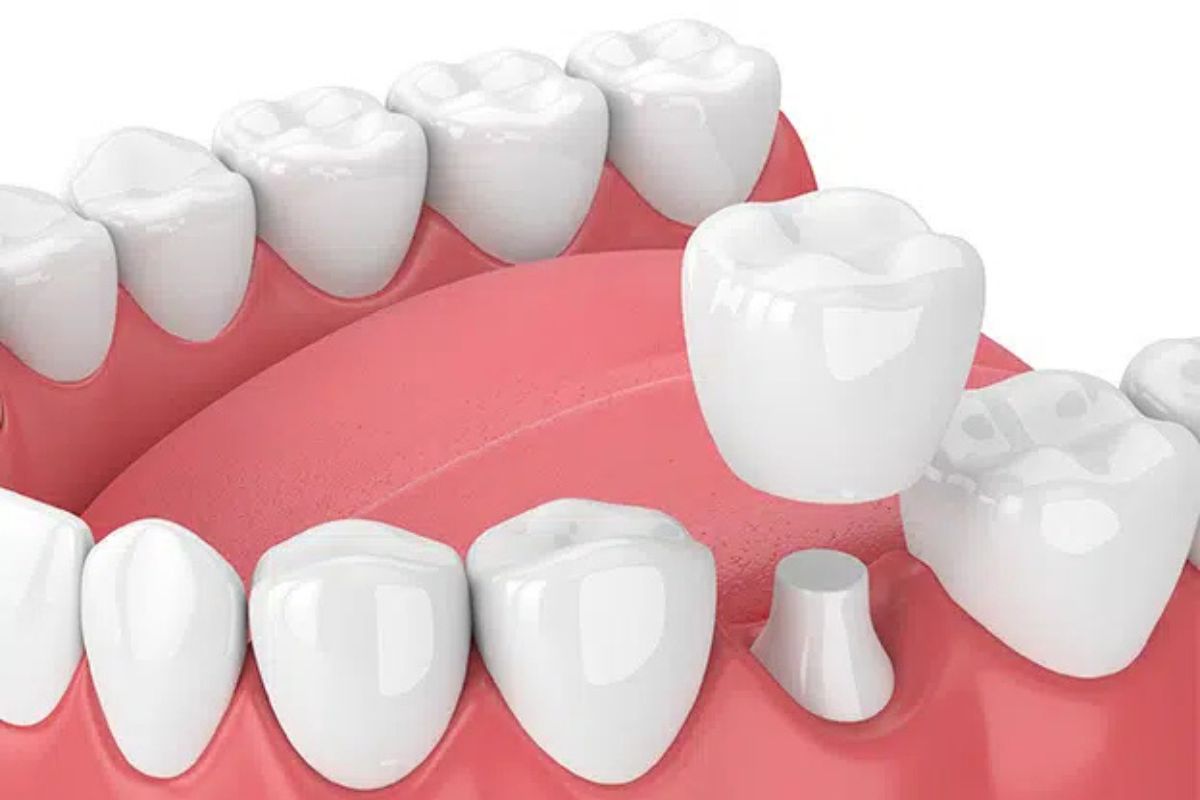
How to Know When Your Dental Crown Needs Replacement
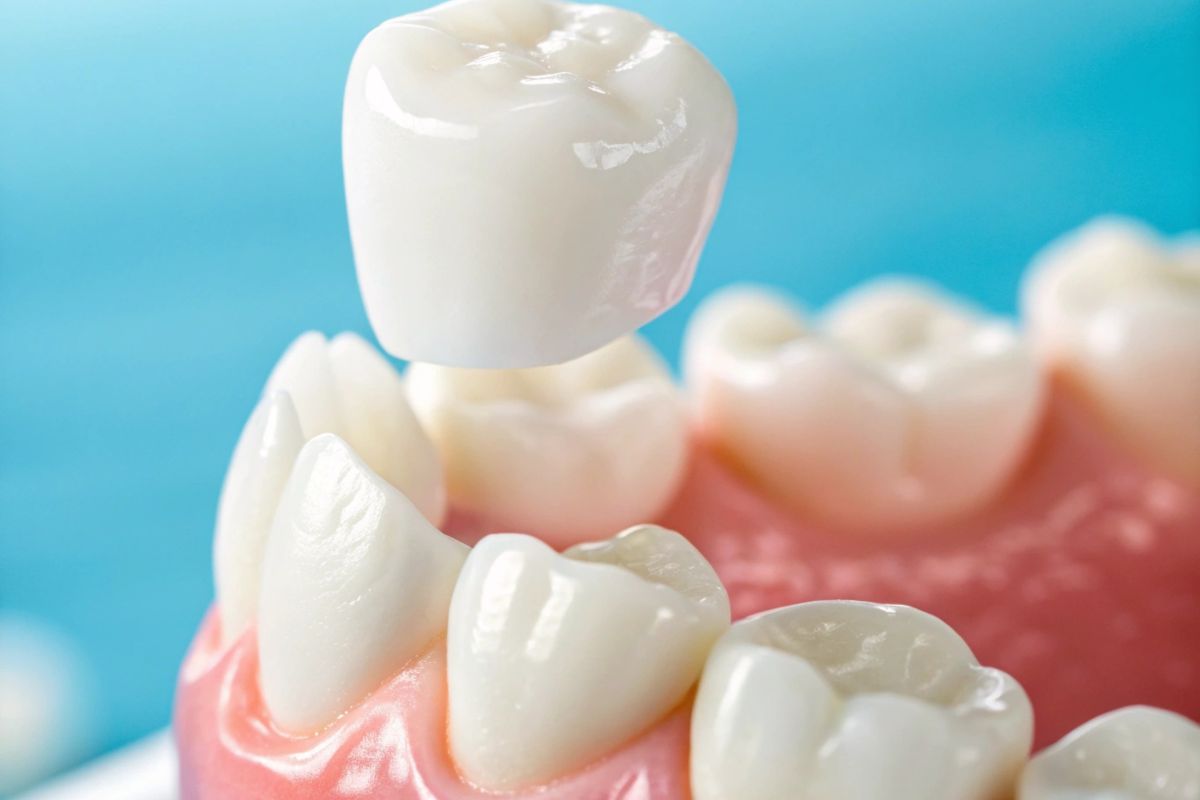
Dental Crown Problems & How to Fix Them
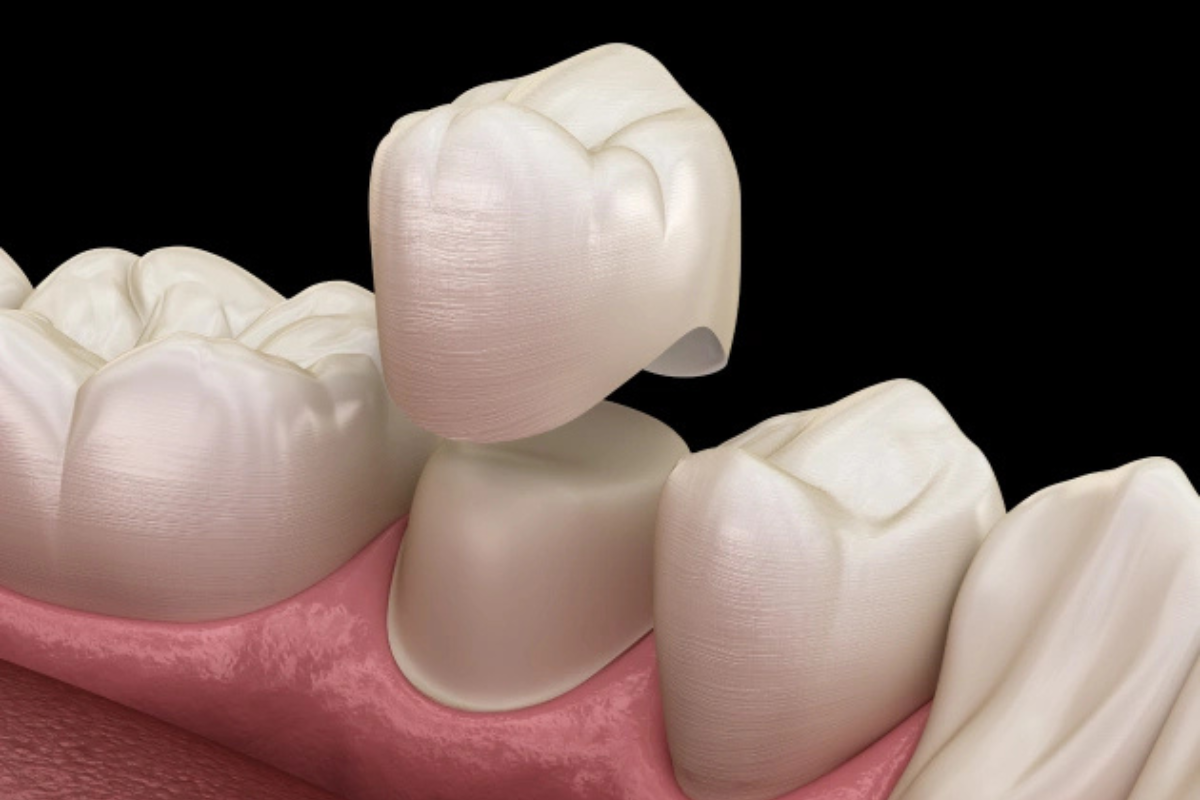
Caring for Your Dental Crowns: Do’s and Don’ts
